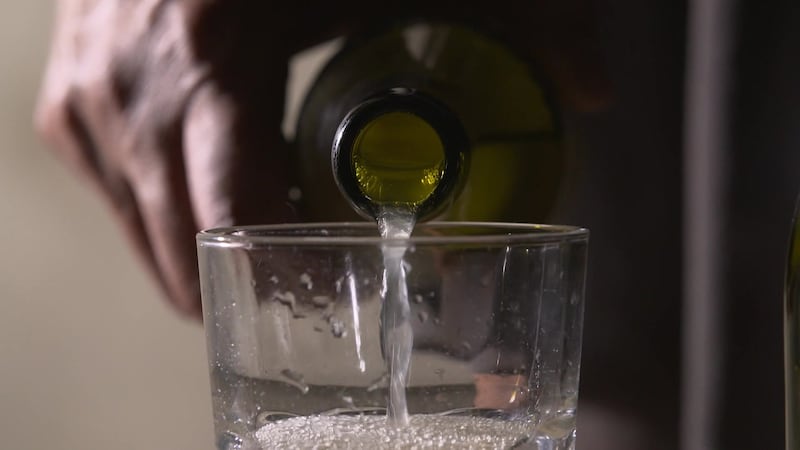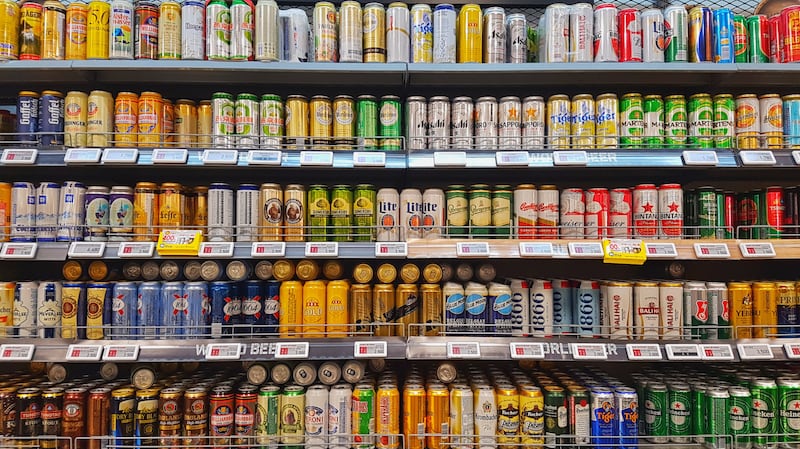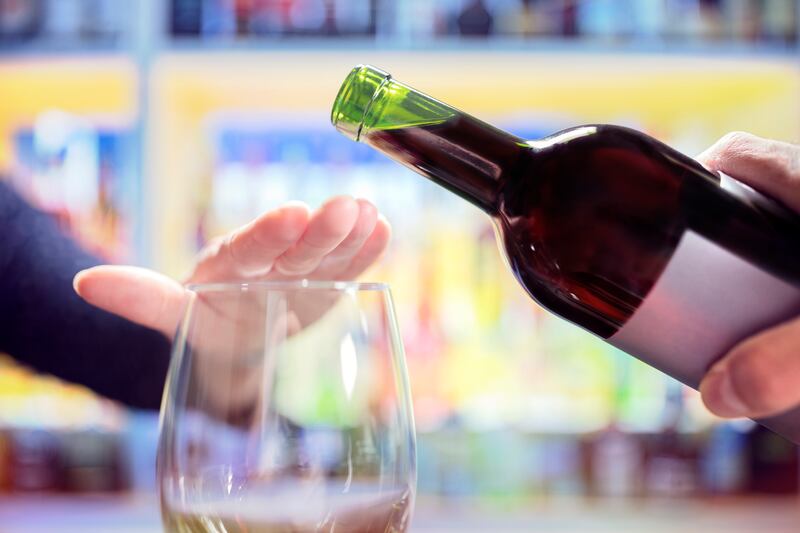What do Māori communities think about the effects of alcohol harm? Until now there has been no research in this area but a groundbreaking new study, Kaupapa Te Rapu (Te Rapu), has put Māori whānau lived experience with alcohol harm at the front and centre of its findings.
Kookiri ki Taamakimakaurau Trusts kaiaarahi Raawiri Ratuu, said the researchers used a different methodology when interviewing those who took part in the study.
“We just said to them ‘Tell us your stories, you’ve grown up with it, you’ve seen it’
“So it really put the control of everything back to them. We just hit the record button and away they went.”
Ratuu and his team interviewed 275 Māori whānau across Tāmaki Makaurau, who shared detailed accounts of their history of alcohol harm.
The researchers highlighted the top six themes,which they presented to the Crown, but Ratuu said there were another 23 themes present.
“Even though there were themes we knew, there were also themes there that we just had no idea [about].
“The stories were brutal, they were painful.”
Ratuu said some participants had spoken about how sometimes alcohol was chosen over putting kai on the table.
The top six responses found in Te Rapu were:
- 85% of whānau raised concerns over there being too many alcohol stores in the community;
- 80% of whānau told graphic stories of family violence as a result of alcohol harm;
- 70% described how alcohol impacted their health and wellbeing;
- 45% identified a lack of Māori wellbeing services available to address alcohol harm;
- 25% spoke about the links between alcohol use and P; and
- 15% feared their tamariki would be taken into Oranga Tamariki care.
“What we are not trying to do is to cast Māori in a bad light, otherwise I wouldn’t be doing this.
“The fact of the matter is what it does show is the responsibility the successive governments have failed to take in addressing it, with stronger legislation and not dumping a whole lot of [alcohol stores] into high Māori populated areas.”
‘The solutions must come from the whānau’

Ratuu said it wasn’t his place to solve alcohol harm among Māori but that the answer lay within whānau.
“Whether it’s Māori-driven rangahau or Pākeha-driven research, the solutions must come from the whānau.
“Through the kōrero whānau were saying ‘we don’t know how alcohol impacts us’, it is the responsibility of the Crown to provide that information, make it available, then allow the whānau to do their thing.”
Before the research was public, Ratuu showed the findings to Health Minister Dr Shane Reti, who was “absolutely positive” about it.
“On two or three occasions in that interview he had a grin in the corner of his mouth and at the end of it he said ‘You and I are singing off the same page.’
“Knowing the minister, the promises he’s made, but has matched them with action recently.
“I’m confident this minister wants to work toward addressing some of those issues,” Ratuu said.
He is referring to Reti’s commitment for Fetal Alcohol Spectrum Disorder (FASD), having invested $4.85 million into initiatives aimed at understanding the prevalence of FASD, promoting better education and supporting women to stay alcohol-free during pregnancy.
Reti told Te Ao Māori News he acknowledged the mahi by Ratuu and his team.
“I met Raawiri Ratuu, of Kaiaarahi of Kookiri ki Taamakimakaurau Trust, recently to discuss the findings of his group research. I acknowledge the value of his work and continuing advocacy for people living with FASD, their whānau and communities.
“FASD has gone under-recognised and under-supported for too long in New Zealand. This year, the government has announced two tranches of initiatives that will benefit people living with FASD and their whānau. This includes several initiatives that specifically provide better support for Māori,” Reti wrote in a statement.
‘Why should our tamariki and mokopuna have to walk past five bottle stores'

Before the release of the Te Rapu findings, there was already a push for alcohol harm to be reduced.
In late August Auckland Council introduced a local alcohol policy affecting the central city and 23 other suburbs.
It will be implemented in two stages. Stage one, starting on September 16, introduces a two-year freeze on new off-licence applications. Stage two, from December 9, will prohibit stores from selling alcohol after 9pm.
Ratuu believes it is a good start but thinks more can be done, such as the government or councils introducing a ‘sinking lid policy,’ which means that when one place shuts, a new licence cannot be issued to replace it.
“The idea of maybe closing a whole lot is not going to fly and no minister, no community is going to go with that, so I think what they could do, however, is implement a sinking lid policy,” Ratuu said.
Te Ao Māori News asked him if the government should implement similar regulations to those Labour created in 2023, by not allowing vape stores to be within 300 metres of schools and marae. Ratuu agreed and said he wanted alcohol stores and bars to be 2.5 kilometres away from schools and marae.
“Why should our tamariki and mokopuna have to walk past five bottle stores within a less of a kilometre radius when they’re going to kura, when they are going to kōhanga reo? Why should they have to endure that when going to school and coming home,” he said.
A Ministry of Health spokesperson said there was no current work underway for a regulation framework for alcohol that was similar to the one for vaping.
“There are already a number of licensing provisions controlling the sale of alcohol set out in the Sale and Supply of Alcohol Act 2012. The Ministry of Justice is responsible for administering the act and its associated regulations.
“The government also continues to fund activities to address alcohol-related harm, some funded by the levy and some from general government funding. These include harm reduction initiatives, health promotion activities, and specific specialist services to support people to reduce or cease their use of harmful substances, including alcohol.
“The Ministry of Health advises on public health policy relating to alcohol, as well as supporting harm reduction initiatives and health promotion.”
The spokesperson said the ministry recognised the impact of alcohol harm including for Māori communities.
“The ministry continues to build the alcohol harm reduction work programme across the agencies, to ensure effectiveness of programmes and alignment with government priorities. In the government’s Policy Statement on Health, alcohol harm has been signalled as one of the five modifiable risk behaviours for prevention action.
“A health-based approach to addiction and substance-related harm is the most effective way to reduce harm for individuals, families and communities. Addressing alcohol and drug harm requires more than a health system response. It requires us to act across government and society to address the issues that influence alcohol and other drug use, for example, employment, housing and education.”
What’s next?

Te Rapu was part of an enduring rangahau. Ratuu said it was nationwide, with Te Tai Tokerau rural Māori community next.
The data is expected to be realised while it is still underway.
“There is no point in doing a rangahau of this nature and waiting until you get to the end and then say ‘Oh well, we need to do this’.
“So as the report comes out, as the findings come out, as the evidence comes out, then we start pushing to implement, whatever it is the people want, and then we move on to the next one,” Ratuu told Te Ao Māori News.
The future of the research will see every place hit, even the Chatham Islands being included, to hear about their experiences with alcohol harm. It is expected to take a very long time.
“I may not be around by the time it’s finished, [but] who knows. I’m hoping I will be.”
Helplines:
Alcohol Drug Helpline – 0800 787 797 or text 8681 for support around alcohol and drugs, a free and confidential chat with a trained counsellor, 24 hours a day, 7 days a week.
Māori Alcohol Drug Helpline - 0800 787 798 or text 8681
Youth Alcohol Drug Helpline - 0800 787 YTH (0800 787 984) or text 8681




